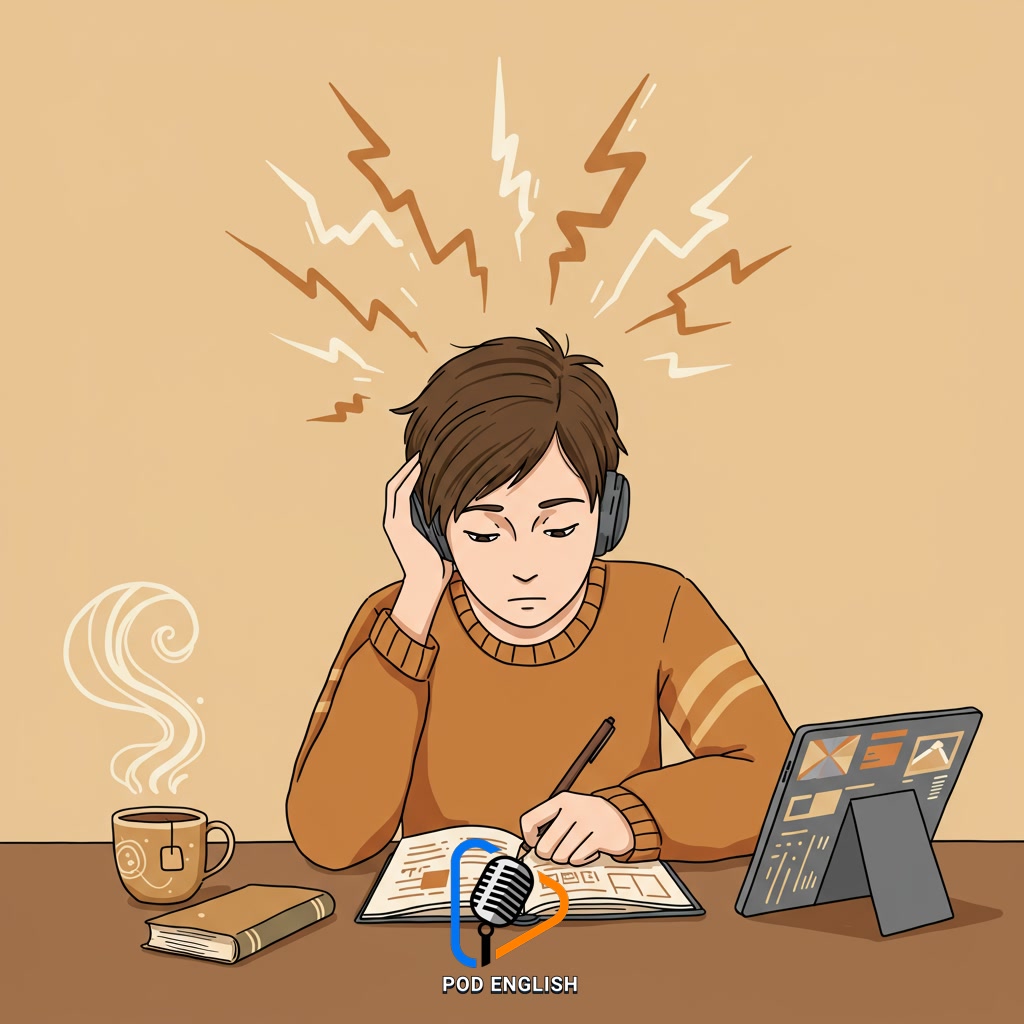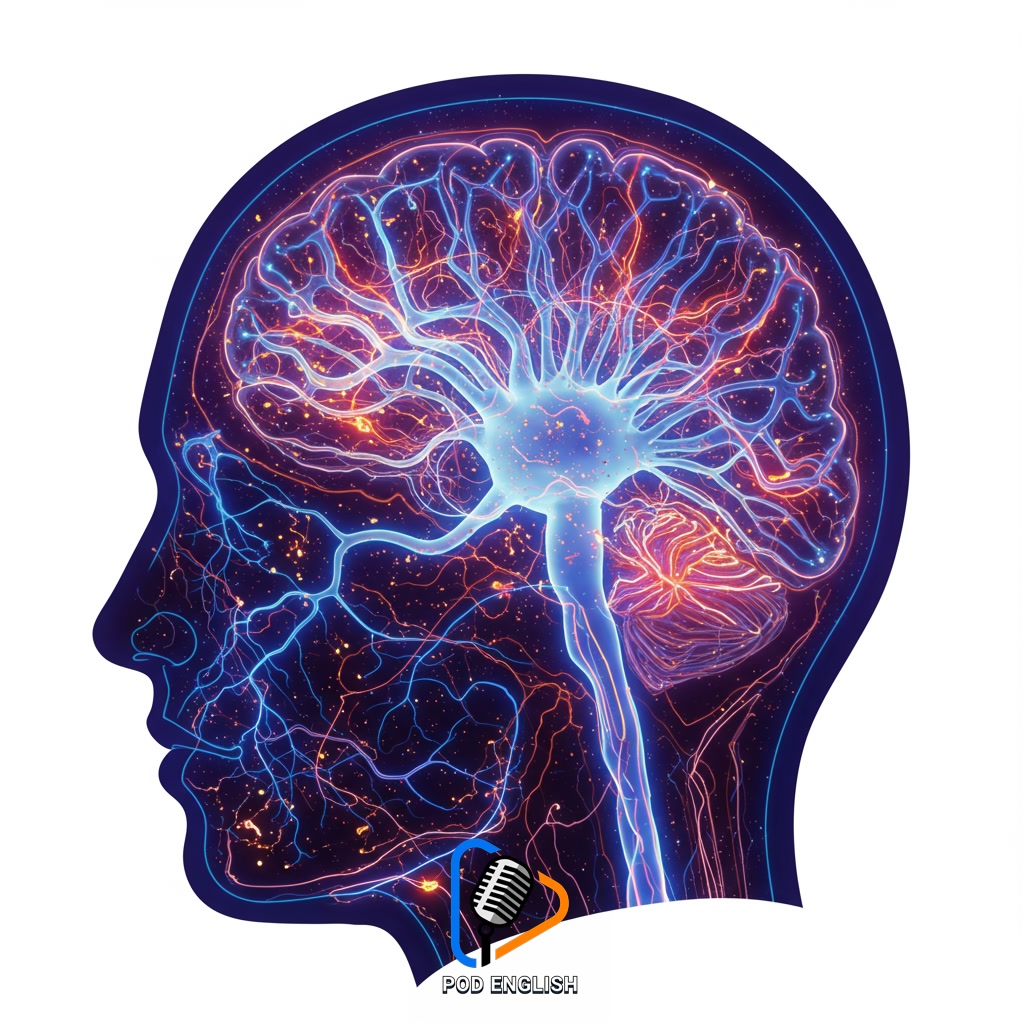Learn English
Boost Your English Focus By Reducing Caffeine

This content examines the potential benefits of lowering caffeine consumption to improve concentration. Reducing stimulant intake can help individuals achieve a more stable and sustained focus. This enhanced mental clarity is particularly advantageous when undertaking demanding tasks like learning English. By managing caffeine habits, one can potentially optimize their ability to concentrate and absorb new linguistic information more effectively.
Table of Contents
- Section 1: The Connection: Caffeine, Focus, and Learning English
- Section 2: How Caffeine Affects Your Brain and Attention Span
- Section 3: Why Sustained Focus is Essential for Effective English Learning
- Section 4: The Benefits of Reducing Caffeine for Sharper Learning Focus
- Section 5: Practical Tips for Gradually Cutting Down on Caffeine
- Section 6: Alternative Strategies to Boost Focus While Studying English
Section 1: The Connection: Caffeine, Focus, and Learning English
Understanding the relationship between what you drink and how well you focus is key, especially when tackling a demanding task like learning English. Caffeine, commonly found in coffee and tea, is a stimulant. It works by blocking adenosine, a chemical in your brain that makes you feel tired. This blockage leads to increased alertness and a temporary boost in energy and attention. However, this effect isn’t always smooth or sustained. Many people experience a peak followed by a ‘crash,’ where focus diminishes rapidly. For learning English, which requires consistent concentration for understanding grammar, vocabulary, and listening, this fluctuating attention can be a significant obstacle. Maintaining a steady, calm focus is often more beneficial for absorbing new information and practicing skills effectively than relying on short bursts of caffeine-induced alertness.

The Connection: Caffeine, Focus, and Learning English
Section 2: How Caffeine Affects Your Brain and Attention Span
Caffeine acts primarily by blocking adenosine, a neurotransmitter in your brain that makes you feel tired and relaxed. When adenosine is blocked, you feel more alert and less fatigued. Caffeine also boosts the release of other neurotransmitters like dopamine and norepinephrine, which can temporarily enhance mood and improve reaction time. While this can provide an initial surge in alertness and attention, the effect is often temporary. As the caffeine wears off, or if too much is consumed, it can lead to a ‘crash,’ increased anxiety, or jitteriness. These fluctuating states or feelings of being overly stimulated can make it difficult to sustain the deep, consistent focus needed for challenging mental tasks like learning and retaining new English information.

How Caffeine Affects Your Brain and Attention Span
Section 3: Why Sustained Focus is Essential for Effective English Learning
Sustained focus is not just about sitting still; it’s about maintaining consistent mental engagement with the material you are learning. For English, this means being able to concentrate fully when listening to conversations, reading complex texts, or practicing speaking. Effective learning of vocabulary, grammar rules, and pronunciation requires deep processing and repetition, which are significantly hindered by fragmented attention. When you can stay focused for extended periods, your brain has a better chance to absorb, connect, and retain new linguistic information, moving it from short-term memory into long-term knowledge. This steady concentration allows for more efficient practice and builds confidence, ultimately accelerating your progress towards fluency.

Why Sustained Focus is Essential for Effective English Learning
Section 4: The Benefits of Reducing Caffeine for Sharper Learning Focus
Reducing caffeine intake can significantly contribute to a sharper focus, especially when tackling demanding cognitive tasks like learning English. Instead of experiencing the peaks and crashes associated with caffeine, lowering your consumption helps maintain more stable energy levels throughout your study session. This consistency prevents the jitters and restlessness that can distract you, allowing your mind to settle into a state of sustained concentration. With a clearer, calmer mental state, you can absorb new vocabulary, grasp complex grammar rules, and practice comprehension more effectively, leading to better retention and progress in your language learning journey. It’s about fostering a steady, reliable connection with the material.

The Benefits of Reducing Caffeine for Sharper Learning Focus
Section 5: Practical Tips for Gradually Cutting Down on Caffeine
To successfully reduce caffeine intake without severe withdrawal symptoms, a gradual approach is key. Begin by swapping your usual coffee for a half-caf version or mixing regular coffee with decaf. Another effective strategy is to replace one daily coffee with a lower-caffeine option like green or black tea, or better yet, switch entirely to herbal tea or plain water for some servings. Establish a cut-off time for caffeine consumption, such as early afternoon, to avoid disrupting sleep, which is vital for focus. Increasing your overall water intake throughout the day can also help manage cravings and maintain hydration. Making these small, consistent changes over time allows your body to adjust smoothly, supporting more stable energy levels and improved concentration, especially beneficial when dedicating time to challenging tasks like learning English.

Practical Tips for Gradually Cutting Down on Caffeine
Section 6: Alternative Strategies to Boost Focus While Studying English
While gradually reducing caffeine intake is a crucial step towards more stable focus, incorporating alternative strategies can significantly enhance your concentration when learning English. Simple habits like taking short, active breaks every 50-60 minutes can refresh your mind; stand up, stretch, or walk around briefly. Ensuring you stay well-hydrated by drinking water throughout your study session is also vital, as dehydration can impair cognitive function. Prioritizing adequate sleep each night provides the foundational mental clarity needed for effective learning. Practicing short mindfulness or deep breathing exercises before starting or during a break can calm your mind and improve attention span. By integrating these natural methods, you build a more robust and sustainable ability to focus on complex tasks like mastering English vocabulary, grammar, and comprehension, without relying on stimulants.

Alternative Strategies to Boost Focus While Studying English













